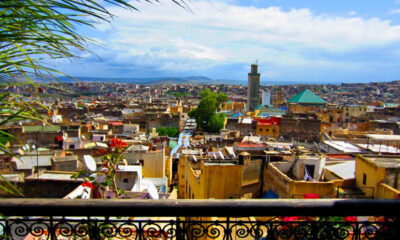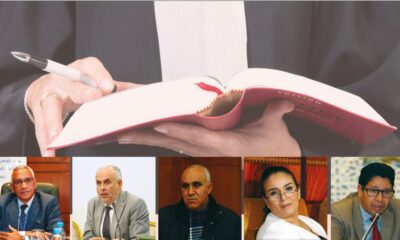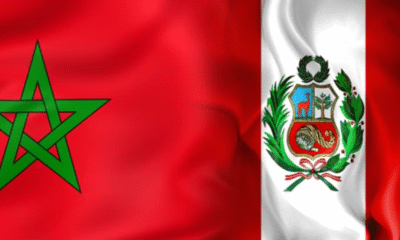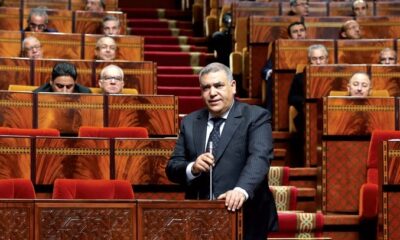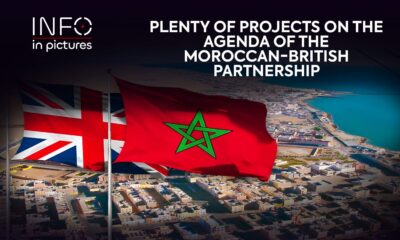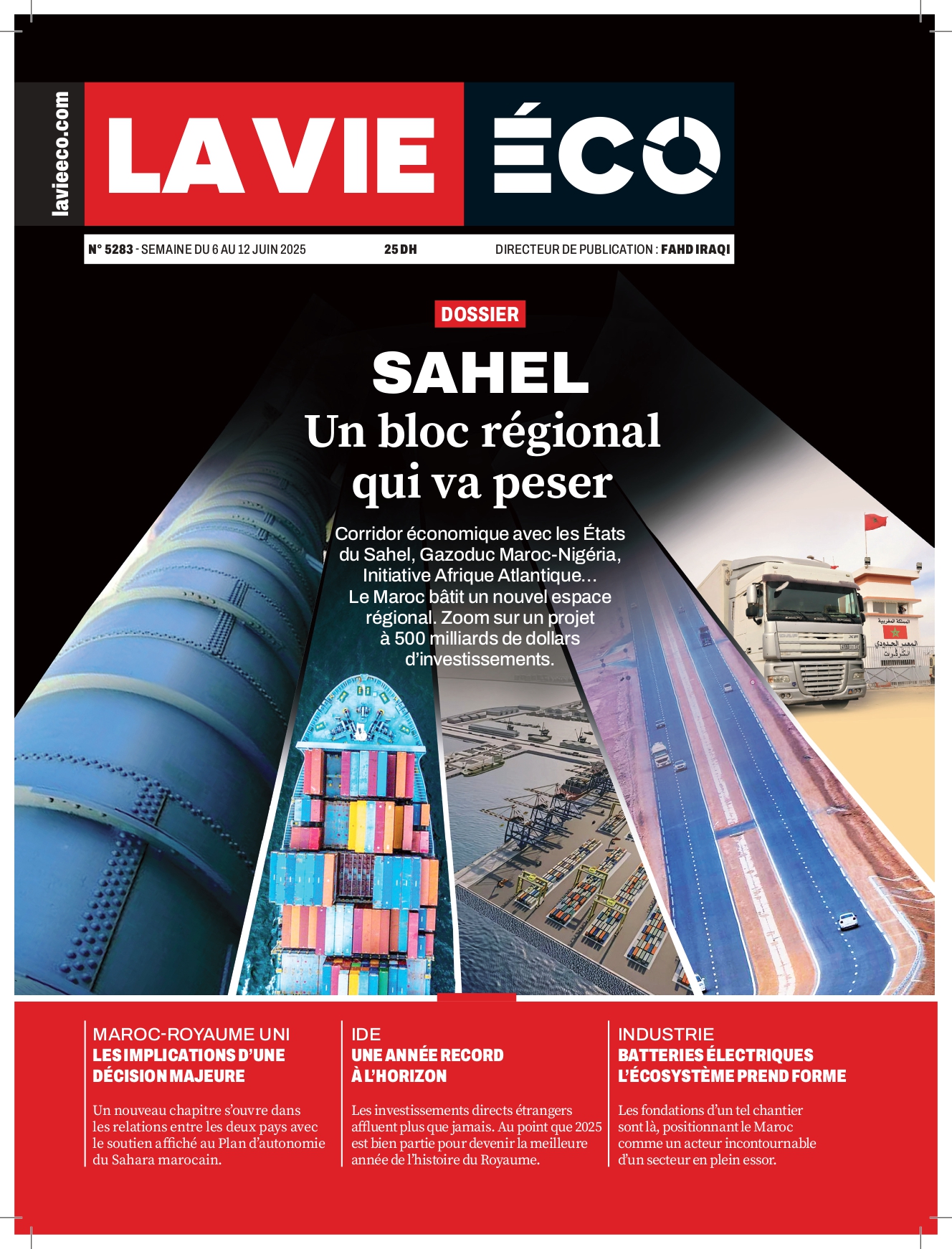Influences
Morocco–United Kingdom: The Implications of a Major Decision
By endorsing the Moroccan autonomy plan for the Sahara, the United Kingdom is opening a new chapter in its relations with Morocco. It becomes the third permanent member of the Security Council to take this step, following in the footsteps of the United States and France, and commits to promoting this stance both bilaterally and internationally.
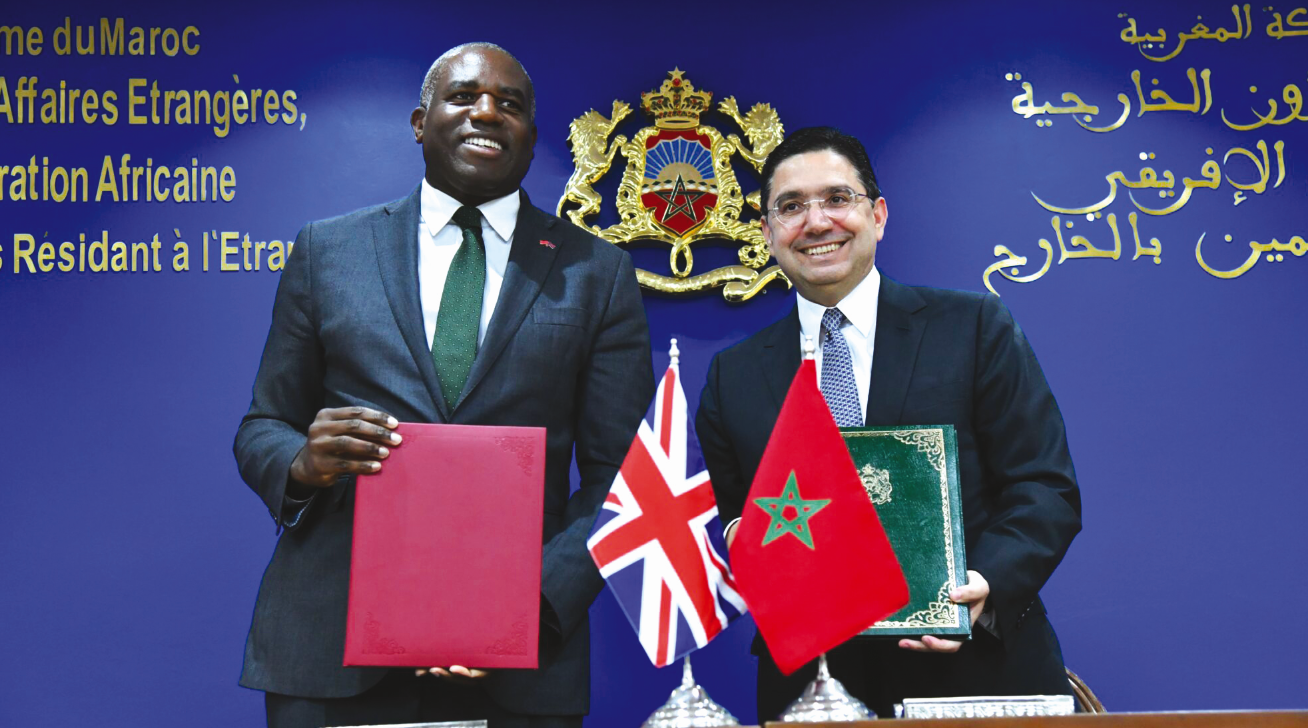
This is a turning point. Since June 1st, the United Kingdom has become the third global power and permanent member of the UN Security Council to endorse the Moroccan sovereignty-backed Autonomy Plan for the Sahara, following the United States in 2020 and France in July of last year.
Until now, the UK regarded the Moroccan Sahara as a territory with an “undetermined” status, while supporting the “self-determination” of the “people of Western Sahara.” In the coming days, the new decision will be formally notified and submitted to the UN.
As with the United States, France, Spain, and other major powers backing the Autonomy Plan, the UK has pledged to “continue acting bilaterally, particularly in economic matters, as well as regionally and internationally, in line with this stance, to support the resolution of the dispute.”
This underscores the magnitude of a decision that is clearly deliberate.
Before reaching the June 1st joint declaration signed by the foreign ministers of both Kingdoms, Nasser Bourita and David Lammy, a lengthy diplomatic process was undertaken to strengthen bilateral ties.
Morocco had established a strategic partnership with the UK even before its exit from the EU, which took effect immediately after Brexit.
This was already a “historic” diplomatic achievement for Morocco. Recall that the legal challenge leading to the EU Court of Justice’s annulment of fisheries and agriculture agreements originated in British courts in 2015.
In the interim, those same courts decided to halt their exploitation to serve the narrow interests of the Polisario and its mentor, the Algerian regime, via NGOs fabricated for this purpose (WSC-UK and WSRW-UK, among others).
In May 2023, the London Court of Appeal upheld the definitive dismissal of a Polisario petition, filed through WSC-UK, against the Morocco–UK Association Agreement.
With this ruling, the UK not only legally secured its agreements with Morocco but also set a precedent for other Commonwealth nations (56 states). It marked the first concrete sign of the UK’s shifting position on the Sahara issue.
Today, it has now become a reality. As the third veto-wielding UN Security Council member, the UK’s decision will undoubtedly resonate across the Commonwealth.
Considering Kenya’s recent endorsement of the Autonomy Plan on Monday, May 26th, all signs suggest Morocco is achieving a major breakthrough among African Anglophone nations.
Ripple Effect
As with all such state-level deals—international relations being what they are—this shift in the UK’s position is not an isolated act of diplomatic goodwill.
It stems from a pragmatic approach where political support is intrinsically tied to securing tangible economic benefits and alignment with a broader Western geopolitical strategy.
It is now evident to all that Morocco lies at the heart of new geopolitical plans for North Africa and the entire continent. The UK’s stance, now aligned with that of the United States, France, Spain, and Germany, reinforces the momentum of recognition that could pressure remaining nations to adopt similar positions or clarify their own.
Already, 118 countries endorse the Autonomy Plan. Far fewer than this number would be needed to pass a resolution at the General Assembly to remove the Sahara question from the Fourth Committee’s purview.
This is one option, and it may not be long in coming. In any case, the £5 billion commitment via UK Export Finance underscores the role of economic considerations in this agreement.
This approach—mirroring France’s pledges through the AFD (including for the Sahara) and the U.S.’s $3 billion support for private investments—is likely to encourage other nations to reassess their positions based on their own economic and geopolitical interests, potentially accelerating recognition of Morocco’s plan.
This is undoubtedly why attention is now turning to China and even Russia.
In short, UK Export Finance’s commitment to “consider supporting projects in the Sahara” directly paves the way for significant investments in the Sahara’s three regions, marking a de facto economic recognition of Moroccan sovereignty over these areas.
Notably, following this recognition, a series of agreements have been signed, covering infrastructure, public procurement, water, renewable energy, transportation, smart logistics, and green port technologies.
The UK has also signaled its intent to participate in projects related to hosting the 2030 World Cup and Morocco’s emerging defense industry.
Concrete Projects to Begin
Over a dozen agreements—including a Memorandum of Understanding (MoU) with defense industry leader BAE Systems—have been signed between the two nations. The sectors targeted for cooperation and investment are diverse and strategic.
In infrastructure, projects tied to the 2030 World Cup are planned for host cities such as Marrakech, Casablanca, and Rabat, specifically including the £1.2 billion expansion of Casablanca’s airport.
The healthcare sector will benefit from support for reform, particularly in digitalization—a market valued at over £2 billion—with a specific £150 million hospital construction project in Casablanca, backed by British expertise and funding.
A cooperation agreement worth up to £200 million has been signed to promote British expertise in sustainable water and port management, as well as green port technologies.
Finally, both countries are committed to unlocking green growth projects, such as the XLinks initiative. A new procurement agreement has been established to facilitate British companies’ access to Moroccan public tenders, with exemptions from national treatment provisions to ensure fair competition.
Morocco is strategically positioned and viewed by the UK as a “major gateway for socioeconomic development in Africa” and an “essential partner for the continent’s growth.”

